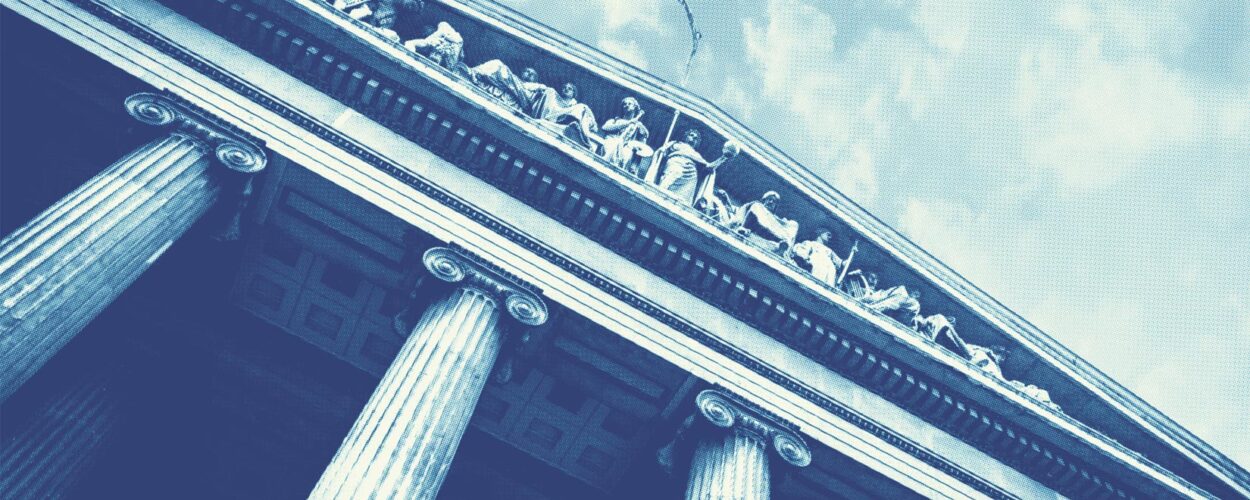This Election Season, Watch What SCOTUS Does in the Shadows
To: Interested Parties
From: Demand Justice
Date: November 1, 2024
Re: This Election Season, Watch What SCOTUS Does in the Shadows
_____________
It would be understandable to assume that significant election cases, including ones where people are actually denied their right to vote, would be fought out in the open, with public arguments and written opinions. However, recent elections have shown us that much of what the Supreme Court might or might not do to intervene in this year’s elections will quite likely be behind closed doors on its so-called “shadow docket.” That means we likely won’t have even the basics of transparency and accountability, like knowing how individual justices voted or why, on cases that impact individuals’ right to vote and the well-being of our electoral system overall.
The Supreme Court’s decision this week allowing Virginia to purge 1,600 voters from its rolls—at least some of whom are almost certainly on that list by mistake and would need to know that they are so they can have even a chance of having their vote count—is just the most recent example. And it is clear there is more to come.
The Basics of the Shadow Docket & How MAGA Forces Benefit From It
This term “shadow docket” was coined by Prof. William Baude in 2015 and draws attention to the fact that, increasingly in recent years, SCOTUS decides significant cases on an “emergency” basis. This is a very different process from cases decided on the “merits docket” – what most people think of as the normal Supreme Court procedure, with briefing, oral arguments, and written opinions issued weeks or months later.
While many orders on the shadow docket are uncontroversial procedural orders, like scheduling when certain briefs are due, the more significant issues that typically end up on the shadow docket are there because some external event–which may include the enforcement of a regulation being challenged or, starkly, a pending death sentence–requires a quick action by the Court.
Election-related deadlines have been a common external event that forces cases onto the shadow docket. With each state running its own elections, and hundreds of different races, ballot initiatives, and other questions on the ballot every election, the prospect of election-related litigation looms large–and often results in decisions damaging to our democracy and in lockstep with the wishes of far-right political forces.
In the last election, for example, SCOTUS action on the shadow docket led to voters in Alabama being forced to vote under illegally gerrymandered maps drawn up by the Republican-led legislature and which a lower court had already found likely violated the Voting Rights Act – a fact the Supreme Court acknowledged only after the election, when these voters’ rights had already been denied.
Supreme Court Appears Poised to Use the Shadow Docket to Further Harm Voters
Alarmingly, it appears that this history is repeating itself. Even if, in the future, the court corrects itself in the Virginia case as it did in the Alabama case from last election, it will be too late for any voters that Virginia wrongly disenfranchises.
Because of the relatively quick turnaround required in these cases, and the zero or very little public process involved, it can be hard to keep track of what is happening on the shadow docket – cases can pop up and be decided one way or another before the public really even knows about them.
For example, in the coming days it appears the court will likely act on cases out of Pennsylvania and Mississippi, each filed by Republicans and challenging different aspects of the election process in that state – and each potentially leading to the disenfranchisement of thousands of voters. In the Pennsylvania case, for example, Republican officials are asking the Supreme Court to reverse the state’s supreme court decision in favor of voters who sued the state to have their ballots counted.
And recent reporting confirms that many other challenges could end up in the pipeline; for example, lower court judges recently rejected efforts by right-wing officials in Nebraska, Michigan and Arizona to disenfranchise certain voters, leaving open the very likely possibility that those officials could ask the Supreme Court to step in, as it did for Virginia. So if you are looking for areas where SCOTUS is a risk to our democracy in the current election season, be sure to look into the shadows.
